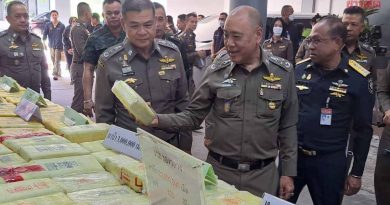The heart of Phuket’s economy
MOST of people would think that Phuket’s economy is driven entirely by tourism; while the number of visitors to the island is growing strong and steady, mainly thanks to the influx of Chinese travelers in the past few years, one of Phuket’s strongest assets remains the rubber plantations.
Rubber trees were introduced in Phuket at the start of the 20th century and quickly became a specialization in agriculture, so much so that it once covered more than 40% of the island’s agricultural areas. Today, Phuket farmers have learned how to diversify from rubber, as the global demand slowed down in the past few years, and now cultivate pineapples as well.

Another positive trend we see in Phuket is the merging of rubber plantation and tourism, with more and more farms welcoming tourists for tours and exchanging knowledge on the technics used to extract the precious glue. The Agro Tourism Phuket farm in Thalang, for example, is funded by the government to educate the tourists on the importance of the agriculture for the country.
Saying that this sector of the economy is big is an understatement: a 2015 study revealed that more than one million families in Thailand currently make a living by owning and working in a rubber plantation located in the country, spanning a total area of about 12.5 million rai.

Thailand remains one of the top producing countries for rubber and Phuket plays an important role in that delivery. Thailand’s rubber is used worldwide to produce tires, chirurgical gloves, condoms and latex-made products.
Next time you are visiting Phuket, feel free to spend some time in the north of the island and venture in one of the tourist-friendly rubber farms! You will surely end up with a few slices of delicious Phuket pineapple after the tour.
By Nattha Thepbamrung



